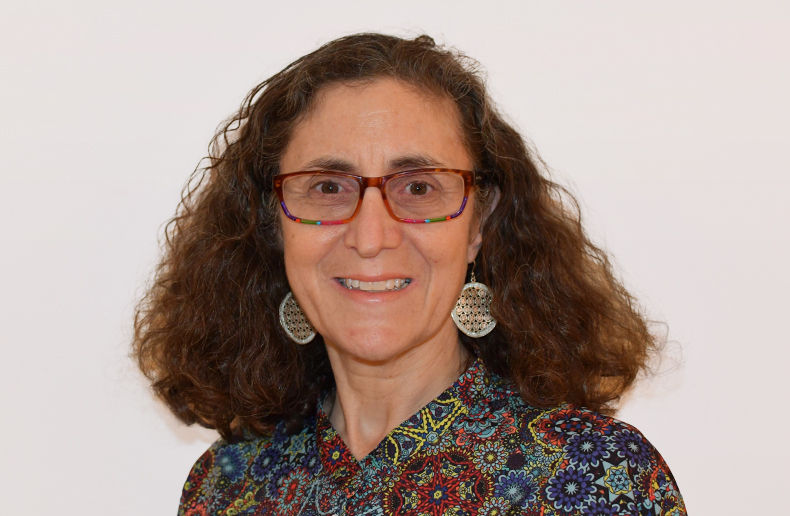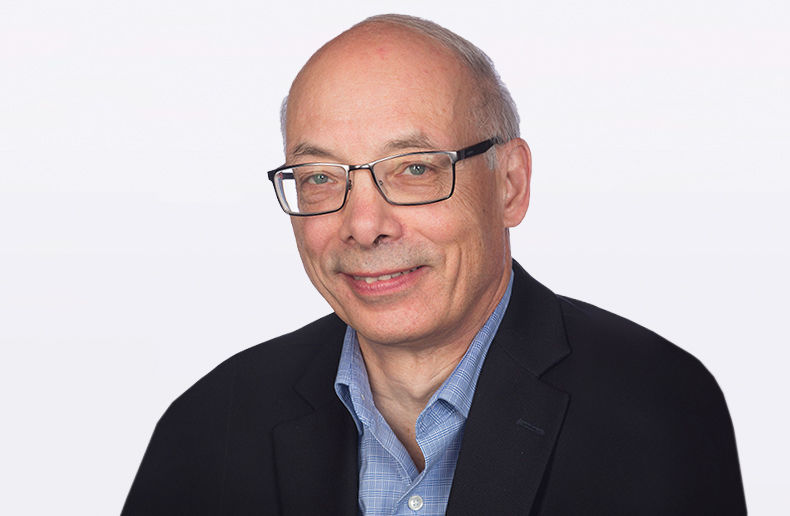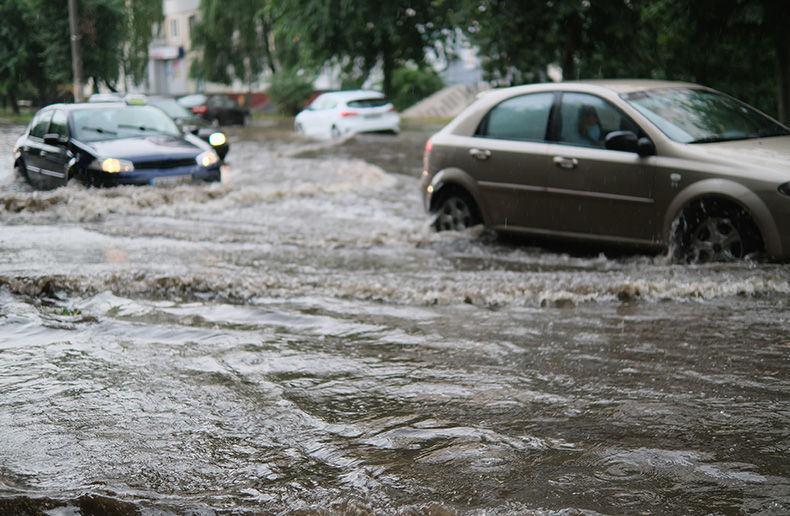New Canadian Institute of Actuaries president concerned about climate
By
Alain Thériault
|
July 30, 2021, 10:30 a.m.

Jacqueline Friedland
President of the Canadian Institute of Actuaries (CIA) since July 1, 2021, Jacqueline Friedland will focus on predictive analytics and climate change.
This article is reserved to PRO Level subscribers
Discover the PRO Level
Already subscribed? Sign in >
Advertisement
The most popular in Life Insurance
Make your business shine with Visibility360!
Get a PDF version to share in your networks.
I'm interestedHeadlines
Advertisement
Related topics …



















